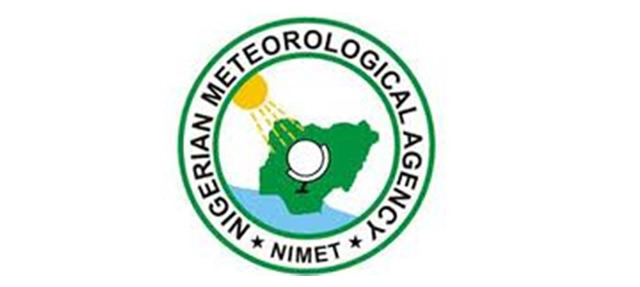The Nigerian Meteorological Agency (NiMet), a critical agency responsible for weather forecasting and aviation safety, finds itself on the precipice of a major industrial action. A coalition of aviation unions, representing a significant portion of NiMet’s workforce, has issued a 14-day ultimatum to the agency’s Director-General, Professor Charles Anosike, demanding the resolution of long-standing grievances related to staff welfare. The coalition, comprising the National Union of Air Transport Employees (NUATE), the Amalgamated Union of Public Corporations, Civil Service Technical and Recreational Services Employees (AUPCTRE), the Association of Nigeria Aviation Professionals (ANAP), and others, has threatened a complete withdrawal of services if their demands are not met by February 4, 2025. This potential disruption of services could have severe repercussions for flight operations across the country, underscoring the gravity of the situation.
At the heart of the dispute lies a significant pay disparity between NiMet employees and their counterparts in other agencies under the Ministry of Aviation, such as the Federal Airports Authority of Nigeria (FAAN), the Nigerian Civil Aviation Authority (NCAA), the Nigerian Airspace Management Agency (NAMA), and the Nigerian Safety Investigation Bureau (NSIB). NiMet employees claim their salaries are less than half of what their counterparts in these other agencies receive for similar grade levels. This perceived inequity has fueled resentment and frustration among the workforce, who have repeatedly voiced their concerns to management, but their pleas have seemingly fallen on deaf ears. The unions argue that NiMet management has displayed a lack of urgency and responsiveness in addressing these critical welfare issues, further exacerbating the already tense situation.
The coalition’s 10-point demand includes the implementation of the new minimum wage, payment of nine months’ arrears of the consequential adjustment of the 2019 Minimum Wage Act, a review of the Conditions of Service, implementation of the reviewed scheme of service since 2019, payment of a 40% peculiar allowance, payment of a 25-35% wage award, payment of hardship allowance, facilitation of the transition from CONMETSS (Conditions of Service for Meteorological Staff), and meaningful engagement with the unions to address these issues. These demands reflect a broader discontent among NiMet staff, who believe their contributions to national aviation safety are not being adequately recognized or compensated. The ultimatum represents a culmination of these grievances, signaling a determination to take decisive action if their concerns continue to be ignored.
The unions contend that they have made numerous attempts, both individually and collectively, to engage with NiMet management on these issues, including issuing previous warnings. However, they claim their efforts have been met with indifference or outright dismissal, further fueling their frustration. The unions argue that this lack of engagement demonstrates a disregard for proper industrial relations practices and a lack of respect for the workforce. They assert that the continued suffering of NiMet employees due to management’s inaction is unacceptable and warrants the drastic measure of a nationwide strike.
The potential consequences of a strike by NiMet workers are significant. The agency plays a crucial role in providing weather forecasts and other meteorological information essential for safe air travel. A disruption of these services could lead to flight delays, cancellations, and potential safety risks. The impact on the aviation industry and the traveling public could be substantial, highlighting the urgency of finding a resolution to the dispute. The unions have made it clear that they are prepared to follow through on their threat of industrial action if their demands are not met, placing the onus on NiMet management and the Federal Government to avert this potentially damaging scenario.
The impending strike looms large over the Nigerian aviation sector, raising concerns about the potential for widespread disruption. The unions have clearly articulated their demands and provided a firm deadline for their fulfillment. The ball is now in the court of NiMet management and the Federal Government. Whether they can address the workers’ concerns and avert the impending crisis remains to be seen. The next two weeks will be crucial in determining the course of events and the future of industrial relations within NiMet. The outcome of this standoff will have significant implications for the agency, the aviation industry, and the traveling public. A timely and effective resolution is essential to prevent further escalation and ensure the continued smooth operation of Nigeria’s air transport system.


